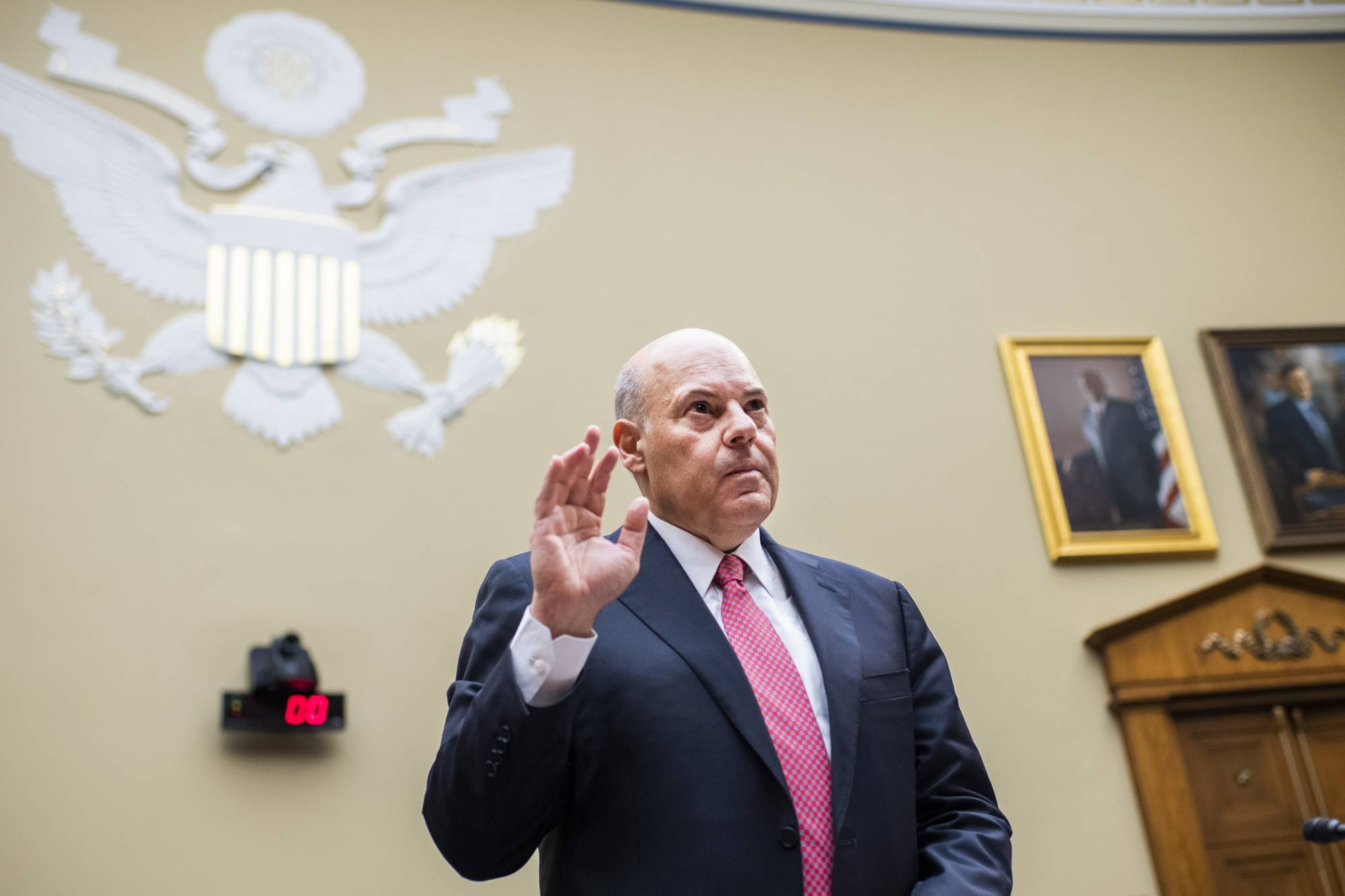European Central Bank says economy is ‘increasingly solid’
The European Central Bank has kept its stimulus program and interest rates unchanged even though it concedes that the economy of the 19-country eurozone is beco...
FRANKFURT, Germany (AP) — The European Central Bank kept its stimulus program and interest rates unchanged Thursday even though it conceded that the economy of the 19-country eurozone is becoming stronger.
While indicators in recent weeks have pointed to much faster growth, there was little expectation the central bank would ease off its stimulus programs in the run-up to the second round of France’s presidential election, in which anti-euro candidate Marine Le Pen is battling pro-EU front-runner Emmanuel Macron.
A Le Pen victory on May 7 could unsettle financial markets since she has advocated taking France out of the shared currency union.
ECB President Mario Draghi suggested that the election had no bearing on the bank’s decision and noted that while growth was indeed improving, inflation remains subdued.
“We actually don’t do monetary policy based on likely election outcomes,” Draghi said at a news briefing following the decision. “We have not seen sufficient evidence to alter our inflation outlook.”
Draghi said the central bank is not confident that inflation will rise and stay at the bank’s goal of just below 2 percent. In the year to March, headline inflation was 1.5 percent, with the underlying rate, which strips out volatile items such as energy, even lower at 0.7 percent.
The comments on inflation kept a lid on the euro’s value, which was trading 0.3 percent lower at $1.0867, even though Draghi said that recent data showed “that downside risks have further diminished” for the economy.
In a statement accompanying Thursday’s decision, the ECB omitted any hint of when the bank might taper off its extraordinary stimulus program, in which it injects money into the economy through a system of bond purchases.
Speculation of a tapering of the program has grown as surveys show the eurozone economy accelerating sharply this year. That was further evidenced in a survey Thursday from the European Union’s executive Commission that found economic sentiment in the eurozone near a ten-year high.
“It’s true that growth is improving; things are going better,” said Draghi, who described the recovery as “solid and broad” compared with “uneven and fragile” back in 2013.
However, the ECB does not seem to want to take any chances especially as unemployment remains elevated at 9.5 percent.
Its statement repeated past wording that indicates the central bank even “stands ready to increase” stimulus if the outlook for growth and inflation worsens. Analysts consider that wording a way of discouraging investors from speculating about the end of the stimulus — which might prematurely drive up market interest rates, blunting its intended benefits.
The 60 billion euros ($65 billion) per month in bond purchases push newly printed money into the economy in an effort to boost inflation. The ECB has trimmed the purchases from 80 billion euros a month as of April. But it insists they will continue at least until the end of the year, and in any case until inflation shows signs of turning convincingly upward. Draghi has said they won’t be suddenly shut off after that but instead gradually reduced, but has not said when that taper will start.
Printing money and adding it to the economy can raise inflation, lower interest rates and make it easier for businesses to get the credit. It is considered an extraordinary step undertaken to keep Europe from falling into a chronic spiral of falling prices after the shock of the debt crisis that started in 2009 with financial trouble in Greece.
The eventual withdrawal of the stimulus will have a wide-ranging impact on businesses, governments, investors and consumers. An end to the purchases will let longer-term interest rates rise, meaning governments will have to spend a bigger part of their tax revenue on interest costs, while mortgage payments will tend to rise because of higher interest. Higher rates would make it easier in some cases to save for retirements or fund a pension plan, and would make bonds and bank time deposits more attractive compared to stocks.
The ECB is lagging far behind the U.S. Federal Reserve, which is already raising interest rates after the U.S. economy recovered faster from the Great Recession. ECB officials have said they won’t start raising benchmark rates until after the bond purchases end.
Several analysts think the central bank will signal in June or July that it is ready to taper the stimulus program. That could lead to an announcement in September on the timing of such a taper.
The central bank’s other stimulus measures include keeping its interest rate benchmark at a record low of zero. That rate largely steers short-term rates and keeping it that low makes it cheaper for banks to borrow money, which in turn would mean lower borrowing costs for businesses. The ECB has also imposed a minus 0.4 percent interest rate on deposits it takes from commercial banks. That is in essence a tax aimed at pushing banks to lend the money to companies rather than leave it at the ECB.
Copyright © 2024 Federal News Network. All rights reserved. This website is not intended for users located within the European Economic Area.





